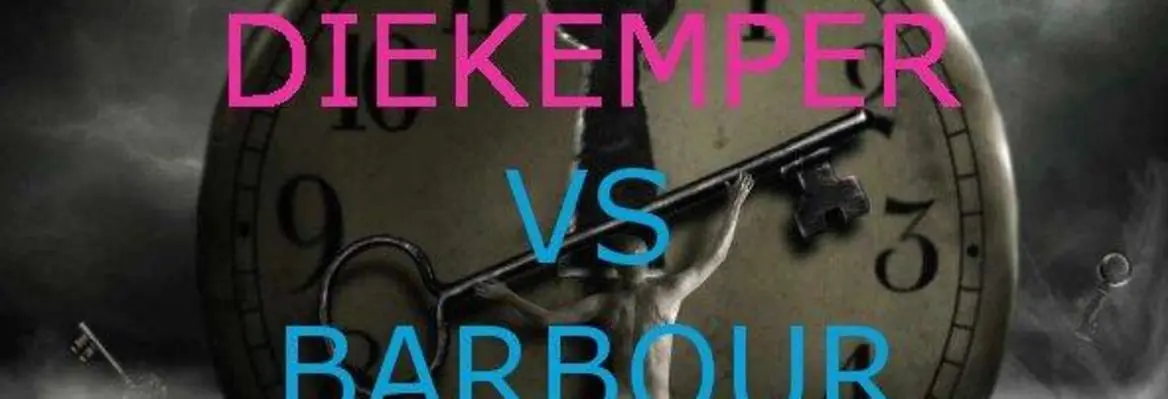Read part 2: Julian Barbour argues that Diekemper's discussion of past and future misses what really matters.
We live in a dynamic world. That is my starting point for thinking about the nature of time. Time, if it exists at all, must be such that it passes, and its passage, though fundamental to our experience, does not depend upon experience. Another way to put this foundational thesis is to say that temporal becoming is an objective feature of reality, independent of the mind.
Why make this thesis one’s starting point? It is because of the pervasiveness of our experience of the passage of time. It is pervasive in a way that common experiences which we know to be illusory are not. For example, it is common for earth-bound humans to experience the earth as flat, yet we know that it is not. It is common for humans to experience a straw placed in a glass of water as bent, even though we know it is not. We are able to see past illusions in these kinds of cases because science has provided an explanation for them.
Those who think that time is static – that there is no such thing as objective temporal becoming – hope to show that our experience of passage is very much like these other kinds of experience: illusory but explicable. But the experience of passage is altogether different than these and other kinds of illusory experience. The experience of passage is universal; it does not depend upon spatial location or perspective. It does not depend upon individual sensory modalities. That is to say, even if I’m not currently seeing, hearing, touching, tasting, or smelling anything (assuming such an experiential state is possible), I can still experience temporal passage – I can experience it while working through a mathematical sum in my mind.
So the experience of temporal passage is universal and pervasive, yet why should we think that it obtains independently of our experience? It is because, when experiences are universal and pervasive, we quite rightly take them to indicate something about the way the world fundamentally and objectively is. Were such inferences from observation illegitimate, most of what we have learned from science would not have been possible. But there are no scientifically verified observations which demonstrate that time is not dynamic, and it is likely that there could be no such observations (notwithstanding the empirical success of the prevailing interpretation of special relativity theory).
So I start with the view that we live in a dynamic world in which temporal becoming is an objective feature of reality. But what kind of dynamic world? Is it one in which all events are positioned throughout time – past ones lost and forlorn, never to be experienced again; future ones awaiting our experience of them, and present events: the temporal celebrities in the spotlight of the now? Such a conception is called the moving spotlight theory of time, and, as J.M.E. McTaggart demonstrated, it is imbued with contradiction. For it requires us to project the dynamic tenses – past, present, and future – onto a static series of tenselessly positioned events, and the only escape from the resulting contradiction is to embark on an infinite and vicious regress.















Join the conversation